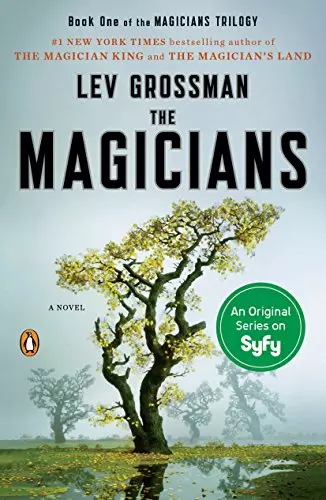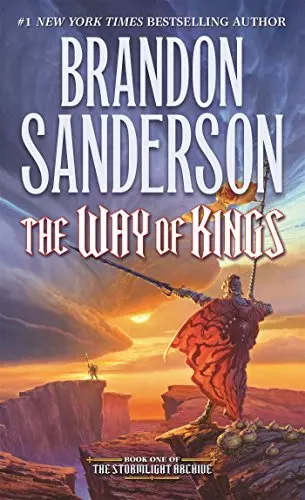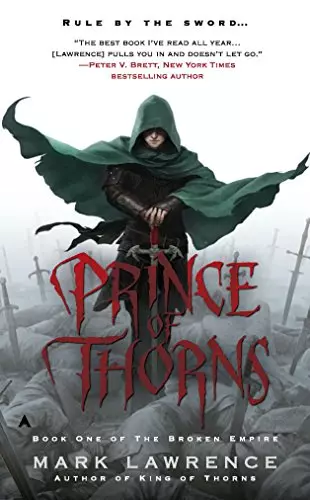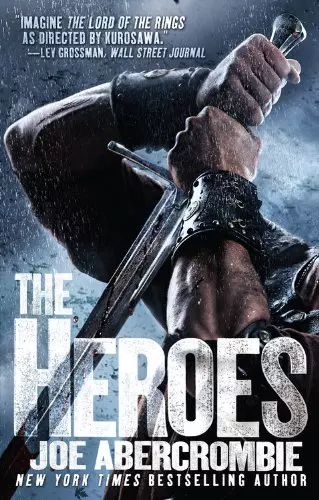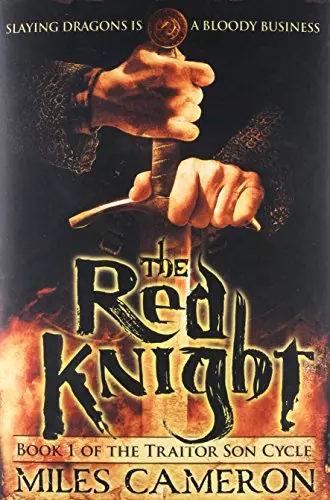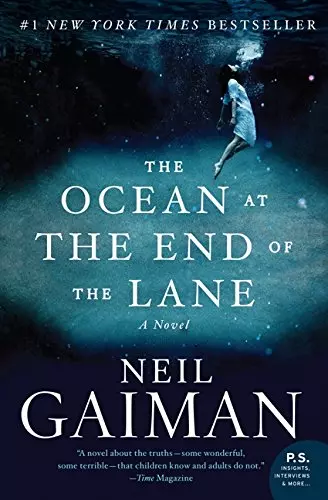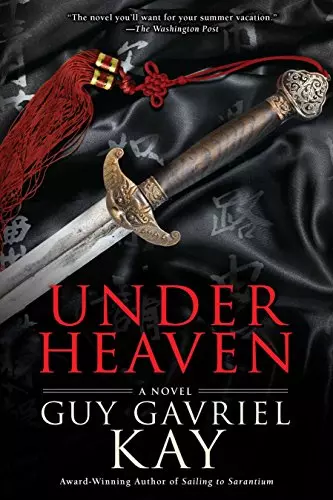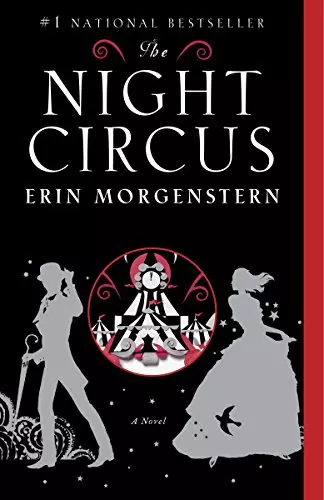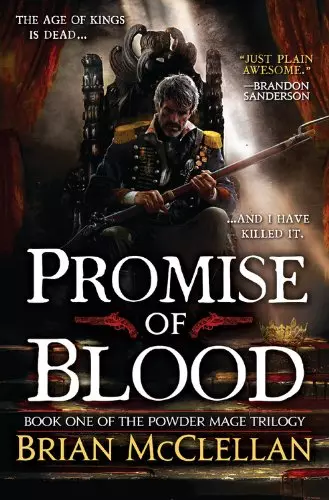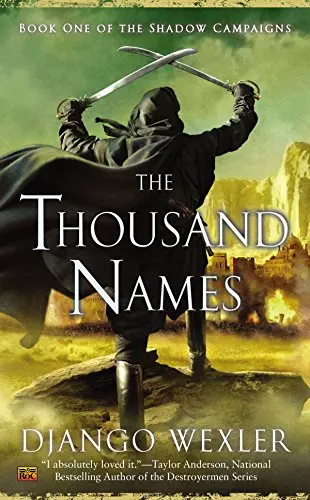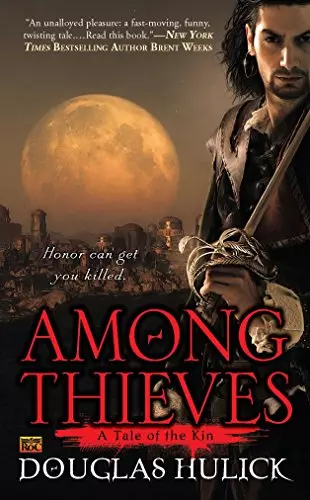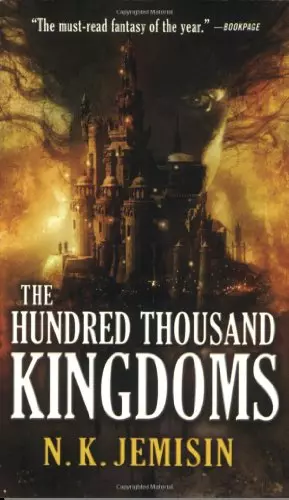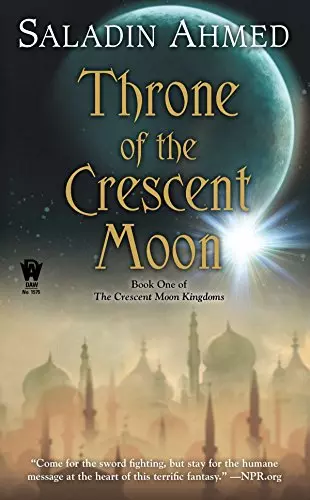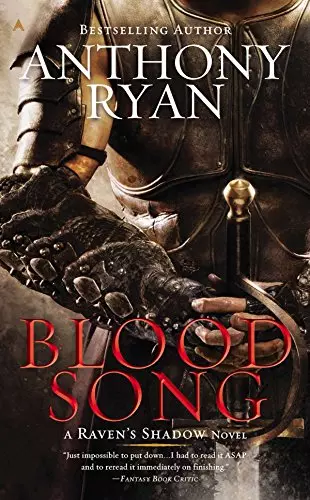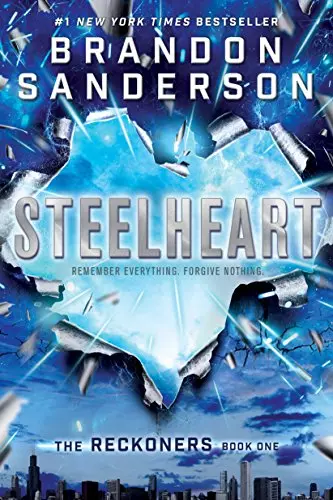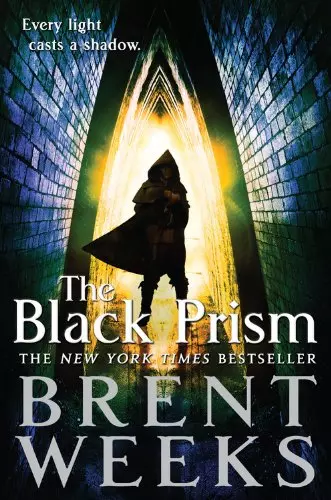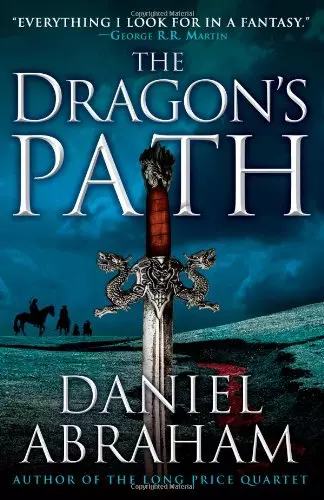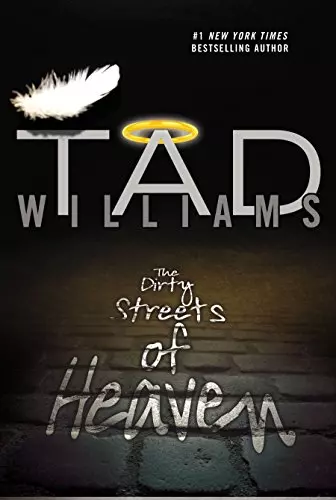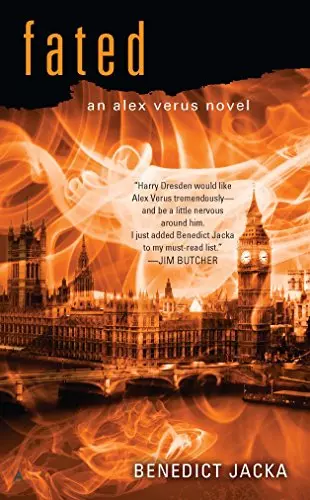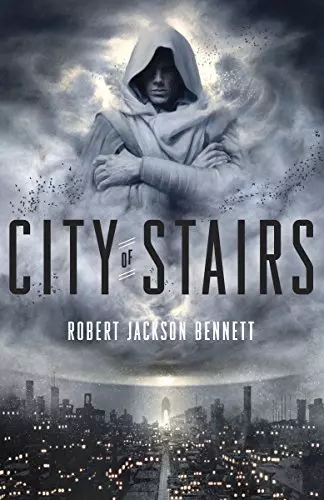Top 25 Best Fantasy Books Since 2010
The Best 'Modern' Fantasy Books of the Past Five Years
Sometimes you don't want to wade through older books when picking out your next selection of best fantasy to read. As impacting and awesome as some of the older 'greats' are, it does get a bit tiring seeing 'Lord of the Rings', Malazan Book of the Fallen, The Black Company, The Name of the Wind, and Game of Thrones tossed on pretty much every best fantasy list ever made and posted to the web somewhere.
The solution was pretty easy: cook up a list of the best books that have been published the past five years (2010+). And exactly this did I do. I've carefully selected what I feel are the best, most significant fantasy reads to come out the past four/five years. So you can think of this as a "Best Fantasy of the Past Half Decade' list.
Note...this ONLY includes books and series that have been published from 2010 to the present (2014/2015). Any series that was published before 2010 but has had books released the past couple years won’t be shown. So if you folks leave angry comments asking why Lord of the Rings or some other book PUBLISHED BEFORE 2010 has not been included on this list, I'm going to be angry :)
Do keep this list updated by adding your own suggestions in the comments!
Ranked Fantasy Books
Trending Books in Top 25 Best Fantasy Books Since 2010
Trending Fantasy Booklists
Best Fantasy Books 2025
The Must-Read Fantasy Releases of 2025 That Fans Are Devouring Worldwide
Top 25 Best Fantasy Books
Love fantasy novels? Hate wasting time reading trash? Then read this definitive guide to the top 25 Fantasy books in the genre.
The Best Sci-Fi Movies
The Best of the Best Science Fiction Movies
Top 50 Best Epic Fantasy
The Absolute Best Epic Fantasy Series
Top 10 Sci-Fi Movies That Make You Think
Top 10 Sci-Fi Movies That Make You Think
Top 100 Fantasy Books
The Top 100 Best Fantasy Books Ever Written

